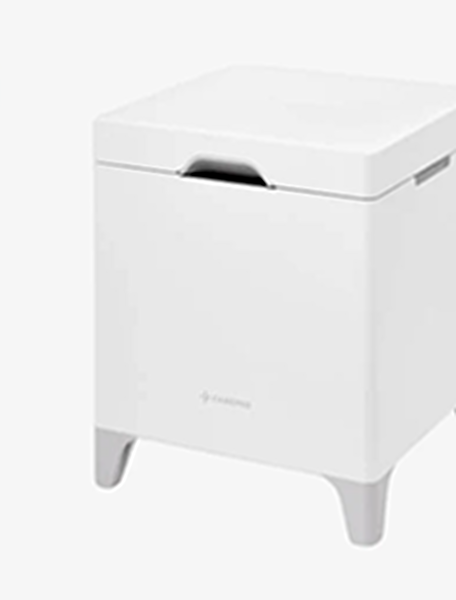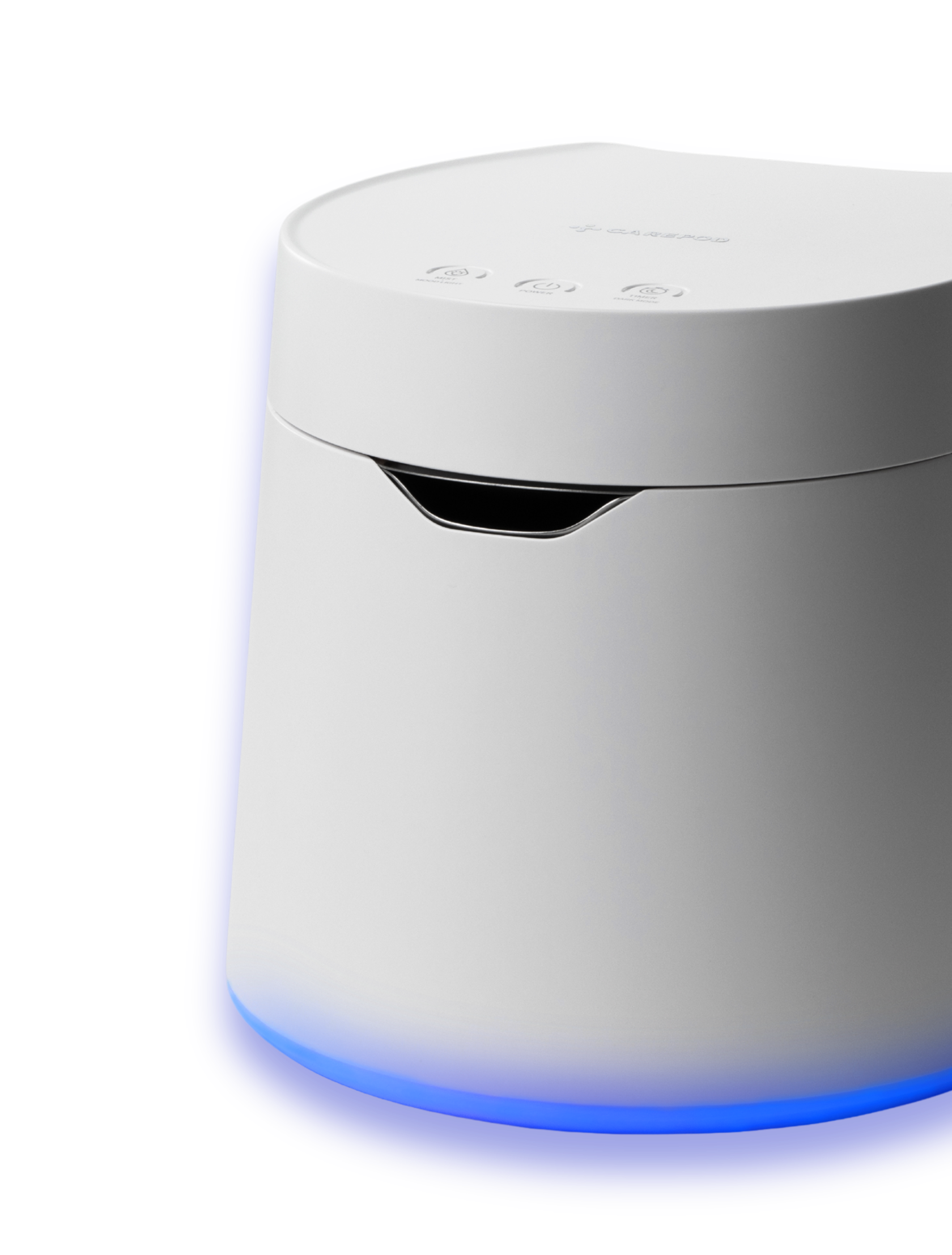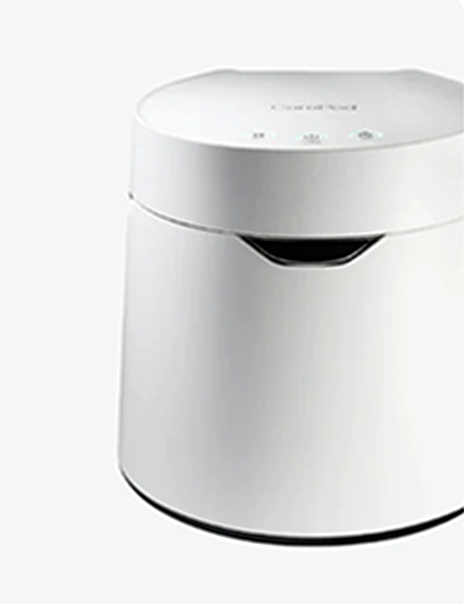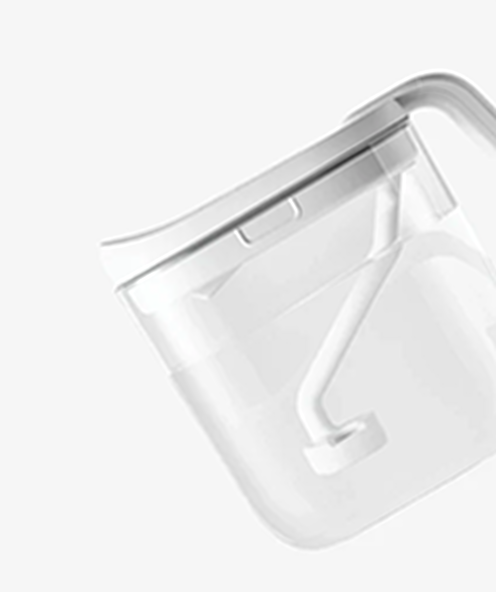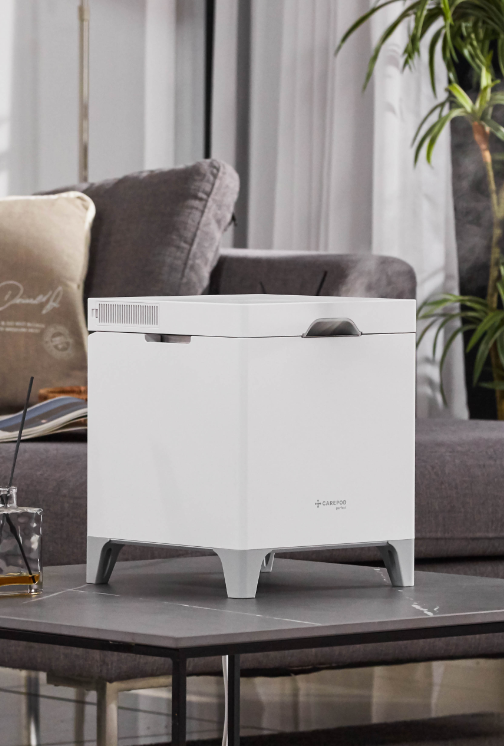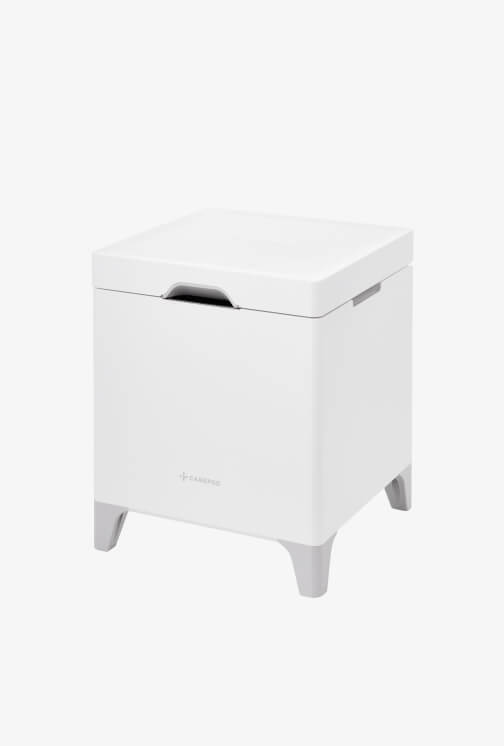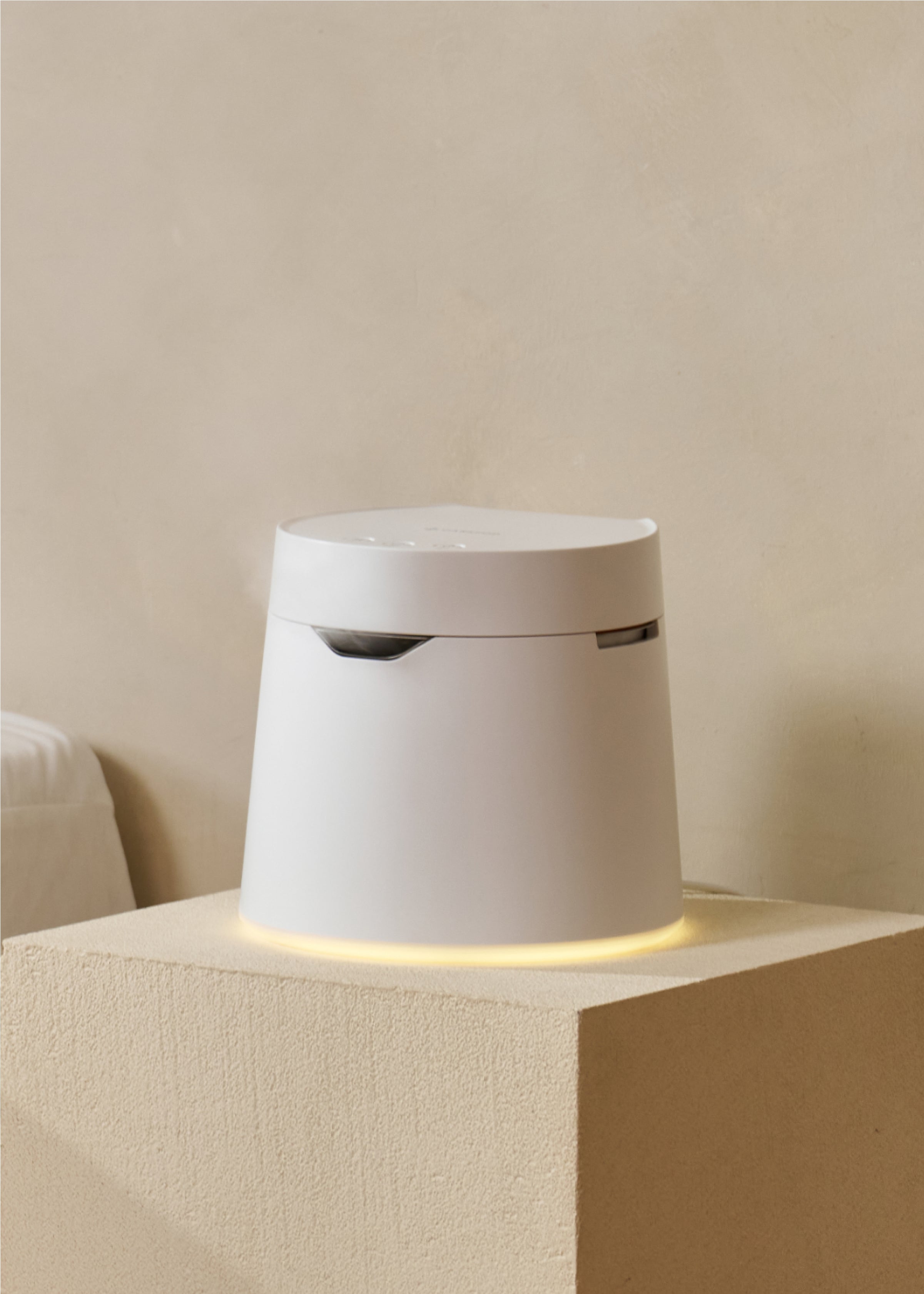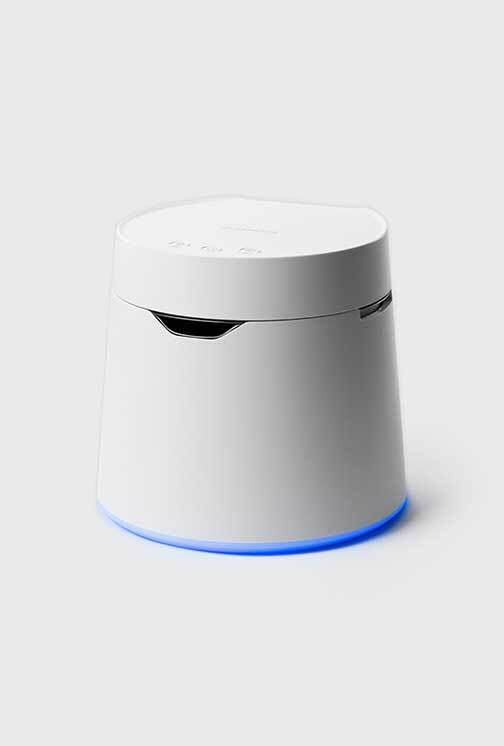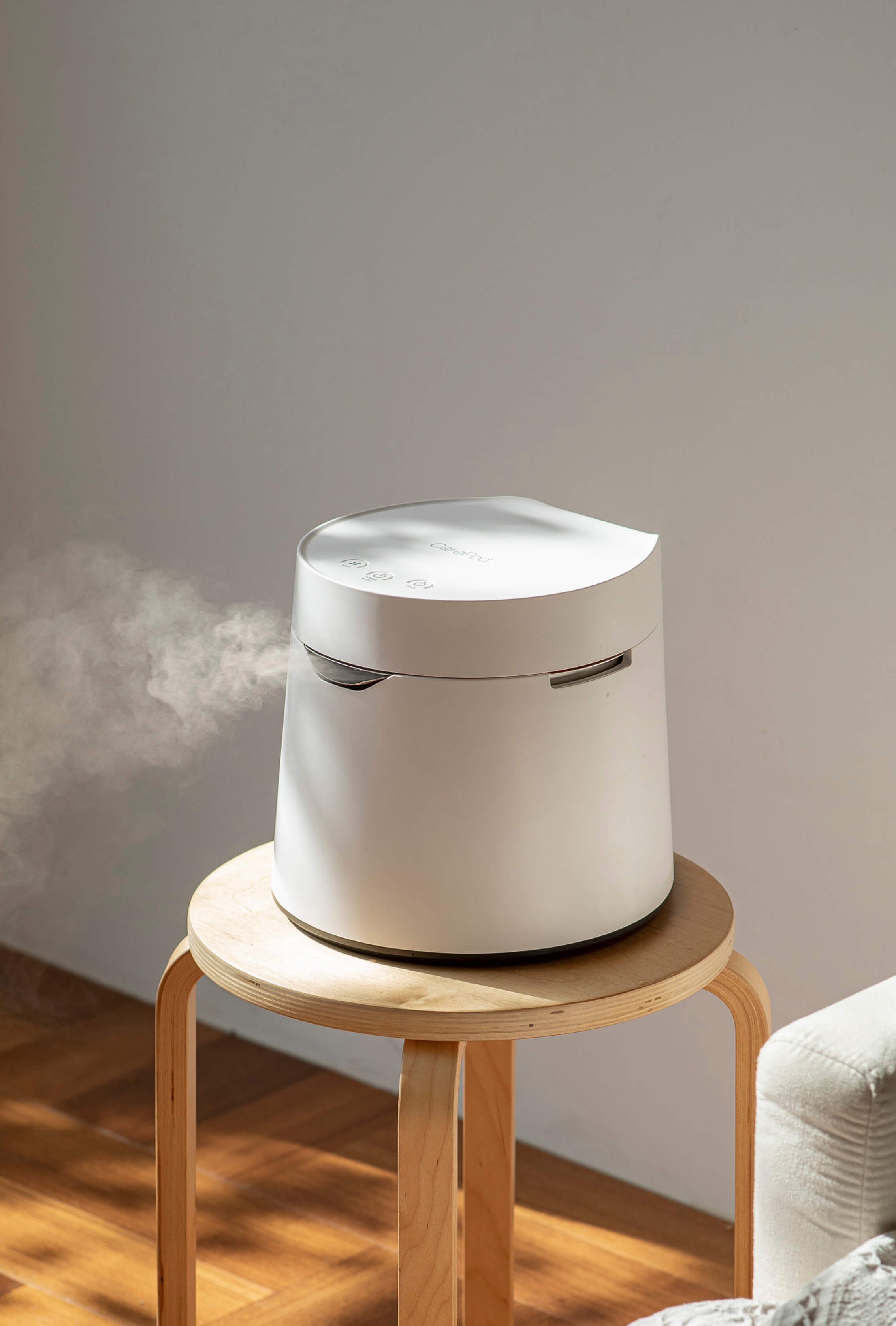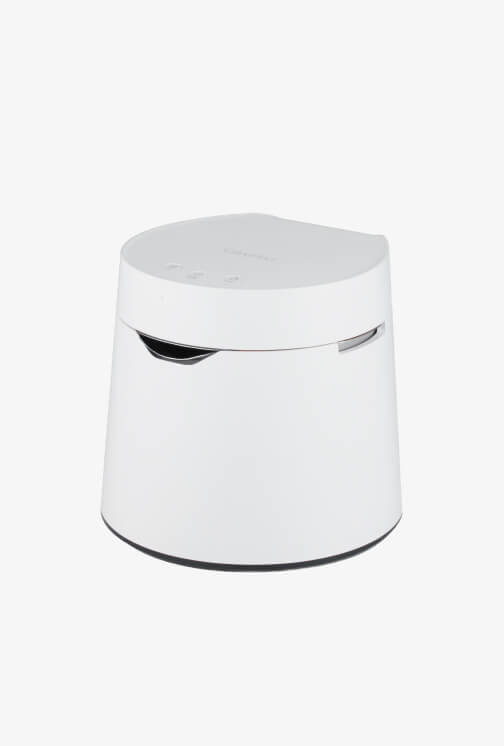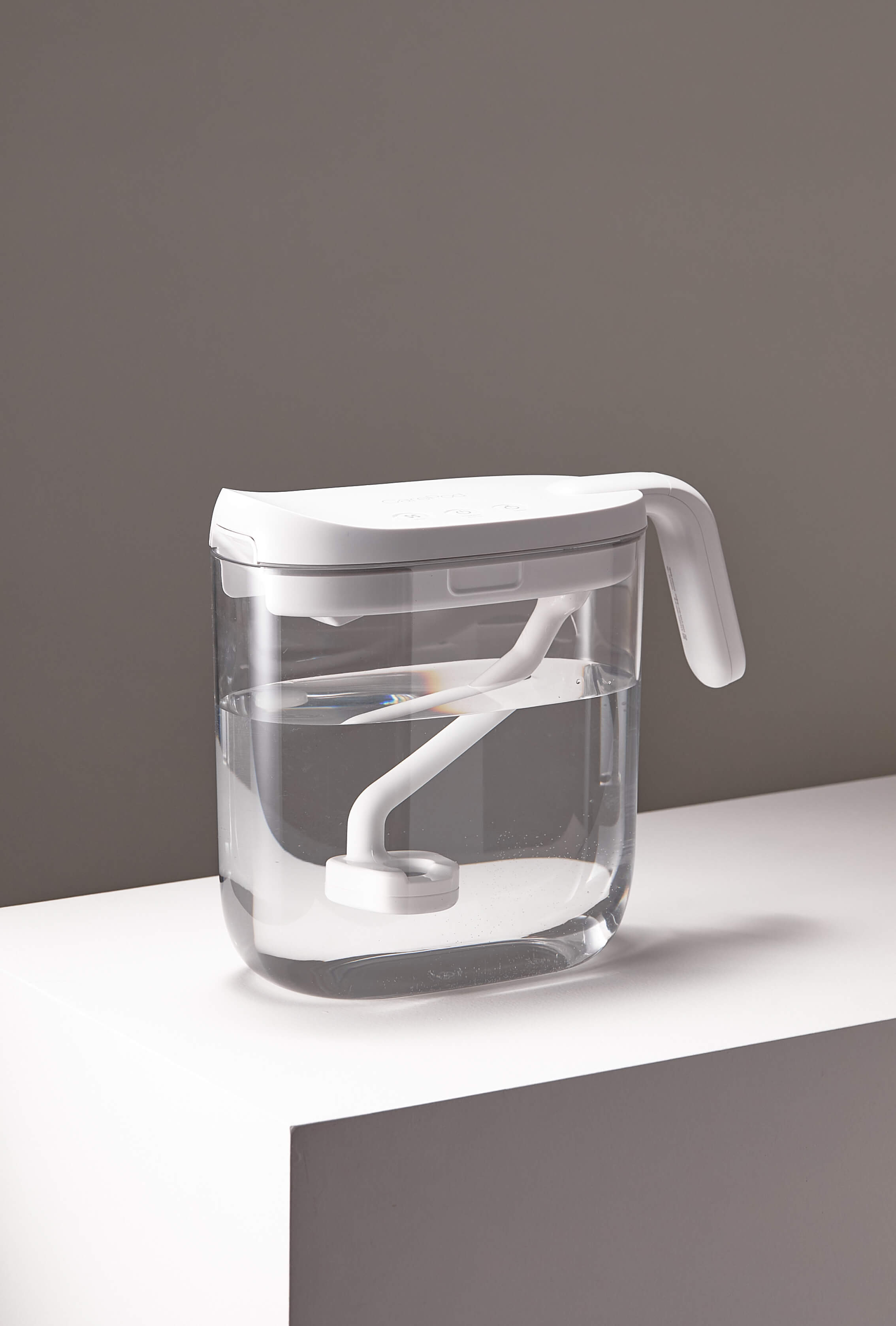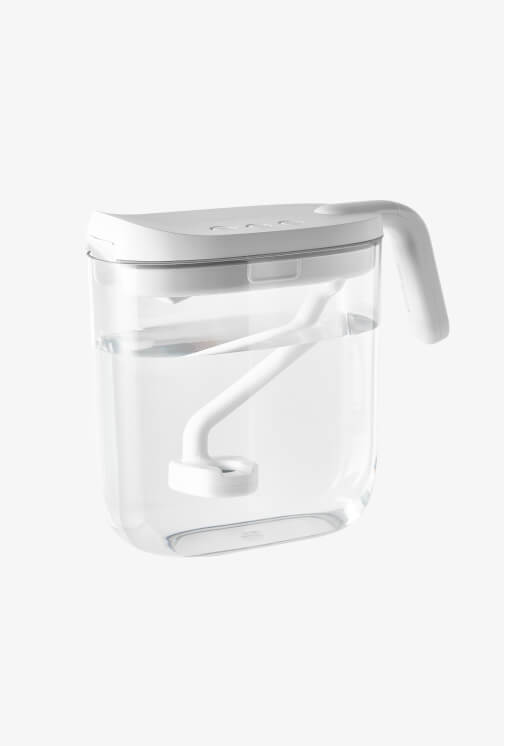7 Ways Dry Indoor Air Can Hurt You

The holidays are upon us, so it's that time of the year for food, festivities, friends and family. However, did you know the winter season can also bring its challenges — one of them being dry air?
As the temperature drops outside, so does the humidity, especially if you turn the heat up in your home. And unfortunately, a lack of moisture in the air can have a serious impact on your health and well-being.
But you don't need to let dry air ruin your holidays. In this article, we explore 7 ways that dry indoor air can hurt you and ultimately how to prevent them, so that you can enjoy the holiday season to its fullest.
Cold, Flu, and Allergy Symptoms

The holiday season happens to be a prime time for viruses like the common cold and the flu. The last thing you want is for a sickness to ruin your festive plans.
If you're already sick, however, dry winter air can exacerbate any existing respiratory symptoms.
It can stress your sore throat, make your coughing even more uncontrollable, and your runny nose even more irritating. It can make it more difficult to recover and more likely that you'll infect others around you with your illness, especially children and the older folks in your family — something we all want to avoid!
But did you know that a lack of moisture in your surroundings can actually increase your likelihood of getting sick in the first place?
Respiratory Infections

Little-to-known fact: low indoor humidity levels can lead to an increase in the chances of catching respiratory sicknesses, even in healthy people.
The reason is simple. Dry air tends to dehydrate the mucous membranes in your body, especially those in your nose, mouth, and lungs.
These mucous membranes serve as a first line of defense against pathogens like the cold, flu, and other illnesses like COVID-19. So when they can't function properly, you may be more susceptible to catching respiratory infections, especially when out and about during the holidays.
Dry, Irritated Skin

Consistent exposure to dry air is one of the worst things you can do for your skin.
When the air lacks sufficient levels of water vapor (also known as humidity), it naturally draws out moisture from your skin. This can lead to all kinds of irritation and cause your skin to become dry, flaky, and itchy. This will not only leave you feeling parched all over your body, but also looking that way as well.
For those with eczema or psoriasis, dry air can even exacerbate any existing skin conditions you might have.
Chapped Lips, Fine Lines and Wrinkles

One thing we’re all trying to seek more of during the winter is healthy, well-moisturized skin.
Dry air can be extra-irritating for your face, especially if the heat is turned up high at home. For instance, you might wake up in the morning with dry and chapped lips. Or maybe you'll find yourself staring in the mirror at a set of eyes that look redder than usual. You may even be much more prone to getting a bloody nose or a dry throat much more often, as a lack of moisture can be damaging to your nasal passages.
Lastly, healthy, hydrated skin relies on maintaining adequate air quality and humidity levels. Dry air can accelerate the appearance of aging by promoting the formation of fine lines and wrinkles.
Poor Sleep

Sleep is on everyone’s wishlist, especially during the stressful holidays.
Did you know that low humidity levels in your bedroom could lead to restless nights? That's because dry air, as we've just discussed, can lead to nasal congestion, throat irritation, and shortness of breath, making it much more difficult to feel comfortable while you sleep.
There's no worse feeling than tossing and turning in bed all night, and unfortunately, dry air could be the culprit.
Aggravation of Allergies
While allergies are most common in the spring and fall, they can actually affect you all-year-round.
In fact, many people may not even know that they experience reactions to common allergens around the house such as dust mites, pet dander, or mold.
When the air around you lacks moisture, it dries out your nasal passages, making it much easier for these particles to enter your respiratory system. This can lead to heightened symptoms of sneezing, coughing, congestion, itchy eyes, and more.
Pets and Plants

Lastly, you might find it surprising that a lack of humidity doesn't only impact human health.
In fact, dry air can have the same effect on our favorite furry friends as they do on us. Dogs, cats, and virtually anything with fur or feathers, can experience itchiness and increased shedding. With sensitive respiratory systems that are just as vulnerable to dry air as we are, they could also experience trouble breathing and other forms of irritation.
Additionally, most plants require a good amount of water in order to survive, and can also struggle in indoor environments with low humidity.
How to Prevent Dry Air

As we've discussed, having low humidity at home can feel extra irritating, for so many different reasons. Luckily, there are many simple ways that you can prevent dry air for a more comfortable environment and a healthier you, all throughout the holidays.
Avoid Overheating
During the winter, it's often tempting to crank up the thermostat. However, this causes the air to become much drier, which of course decreases the humidity levels at home.
By keeping a reasonable indoor temperature — generally, around 70 degrees is recommended — you'll ensure a warm, pleasant environment. Not only will this help you retain the perfect level of humidity, you'll also save a little on energy bills (a nice bonus!).
Maintain Proper Ventilation
While it seems like a good idea to keep doors and windows tightly sealed during the colder months, it's actually wiser to occasionally allow in some outdoor air.
Over time, stagnant indoor air can become dry, so it's best to allow fresh air that contains outdoor moisture to mix in. Natural ventilation also improves the overall air quality by removing indoor pollutants or irritants that may have built up. This will allow you to breathe much more comfortably in your home.
Use A Humidifier
Finally, we've come to the most effective way to maintain healthy moisture levels and indoor air quality in your home: using a premium, well-built humidifier.
A humidifier works to generate water vapor which is then dispersed into the surrounding air as mist. This increases the moisture levels and helps combat the negative effects of dry air.
These versatile devices can come in various shapes and sizes and with all kinds of different settings. So chances are, you can find one that best fits your specific needs and preferences! Whether it's for personal health or home improvement, a humidifier is a great investment for creating a more comfortable indoor environment.
If you’re looking for the right humidifier, either for your own home or as a holiday gift, learn more about Carepod One, the world’s simplest and cleanest humidifier. For an even more powerful and versatile model, check out Carepod Cube, which features both warm-mist and cool-mist options to suit your seasonal preferences.
Final Thoughts: Staying Happy & Hydrated
While we don't often bother to think twice about the air we breathe, it's important to recognize the dangers of an excessively dry climate in our effort so we can live our happiest and healthiest lives. This is the case all-year-round, but it is especially relevant during the winter, when indoor air tends to be the driest.
To summarize, dry air can be harmful to your quality of life, as it can:
- Damage your skin, causing dryness and irritation and even exacerbating existing conditions such as eczema and psoriasis.
- Irritate all parts of your face and body, leading to chapped lips, reddened eyes, increased chances for bloody noses, and sore throats.
- Ruin your sleep quality by interfering with your breathing patterns and overall respiratory function.
- Worsen flu-like symptoms and allergic reactions by further irritating your throat and nasal passages.
- Increase your risk for respiratory illnesses, because your mucous membranes will be dehydrated and less effective at fighting infections.
- Be harmful to the health of your pets and make it more difficult for plants to survive
However, there are several key steps you can take to combat the effects of dry air in your home environment. Be sure to:
- Avoid overheating in the winter, keeping a reasonable temperature around 70 degrees that will retain sufficient moisture.
- Let in fresh air from time to time to prevent dryness and indoor air pollution.
- Use a humidifier, which adds water vapor into the air and is the most direct and effective way to control indoor levels of humidity.
All in all, while dry air can seem a bit frightening, it's not a very difficult problem to fix. By understanding the negative effects that dry air can have on your health and your home, you can then take simple steps to minimize any sleep, health or skincare risks. This will ensure that you're happy and healthy all-year-round, especially just in time for the holiday season!
